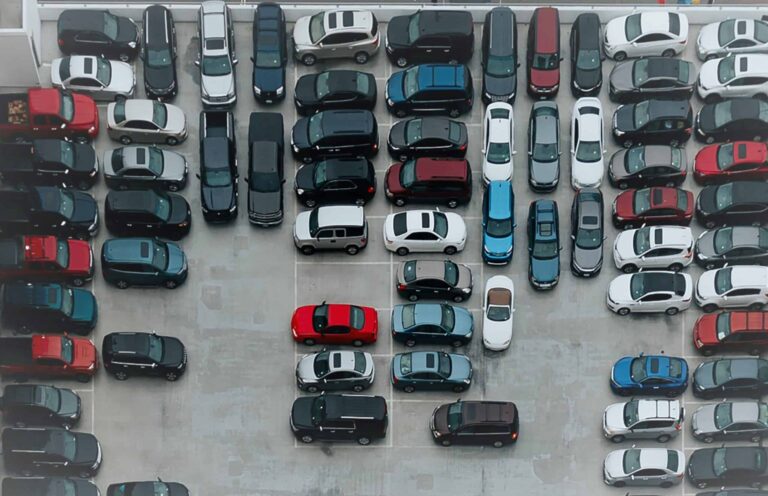Europe is preparing for a green turn to reduce fossil fuel pollution. The European Parliament has ruled a ban on gasoline and diesel cars. The ban will become effective from 2035. In addition to cars, trucks and public transport vehicles are also involved in the measure.
New heavy-duty vehicles will have to reduce their emissions by 45 percent from 2030. Then, 65 percent from 2035, and 90 percent from 2040 compared to 2019 levels. From 2030, on the other hand, all city buses will have to be zero-emission.
These are the new standards proposed by the European Commission to reduce Co2 emissions in the transport sector.
Table of Contents
Stop to the sale of diesel and gasoline cars from 2035
The European Parliament, with 340 votes in favor, 279 against and 21 abstentions, gave the final go-ahead to stop the sale of cars with heat engines from 2035.
The text approved by MEPs sets a goal of zero emissions for new cars and vans for sale in the EU from 2035. Gasoline or diesel vehicles are thus to be replaced with zero-emission alternatives, such as electric cars.
“Trucks, city buses and long-distance buses are responsible for more than 6 percent of total EU greenhouse gas emissions and more than 25 percent of emissions from road transport. These enhanced emission standards would ensure that this segment of the road transport sector contributes to the transition to zero-emission mobility. And contribute to the EU’s climate and zero-pollution goals,” the European executive explains in a note.
Exemptions are provided for small-volume producers:
- vehicles used for mining, forestry and agricultural purposes;
- vehicles designed and constructed for use by the armed forces and tracked vehicles;
- those designed and constructed or adapted for use by emergency vehicles;
- professional vehicles, such as garbage trucks.
A new method of assessing emissions
The agreement reached with the Council in December last year also includes interim emission reduction targets for 2030 (55 percent for cars and 50 percent for vans). As well as a new methodology for assessing Co2 emissions over the entire life cycle of a vehicle.
The methodology will be accompanied by legislative proposals as appropriate. In addition, by December 2026, the Commission will monitor the gap between emission limit values and actual fuel and energy consumption data.
And it will present a methodology for adjusting manufacturer-specific CO2 emissions. There is a total exemption for those producing less than 1,000 new vehicles per year. And, manufacturers with a limited annual production volume (1,000 to 10,000 new cars or 1,000 to 22,000 new vans) can take advantage of a waiver until the end of 2035.
Zero incentives from 2030
The current zero- and low-emission vehicle (Zlev) incentive mechanism will be adjusted to respond to expected sales trends. There will be lower reduction targets for those manufacturers selling more vehicles with zero to 50g CO2/km emissions. Such as electric vehicles and efficient hybrid electric vehicles.
From 2025 to 2029, the Zlev benchmark factor has been set at 25 percent for new passenger car sales and 17 percent for new vans. Starting in 2030, the incentive will be removed. Every two years, starting at the end of 2025, the Commission will publish a report to assess progress on zero-emission mobility in road transport.
“In line with the objectives of the European Green deal and RePowerEu, this proposal will also have a positive impact on the energy transition by reducing demand for imported fossil fuels and improving energy savings and efficiency in the EU transport sector. This will provide benefits for European transport operators and users by reducing fuel costs and total cost of ownership, and will ensure wider deployment of more energy-efficient vehicles. It will also improve air quality, particularly in cities, and the health of Europeans,” the Commission highlights.
Read also: What is the European Green Deal, the ambitious project that aims to zero emissions by 2050












